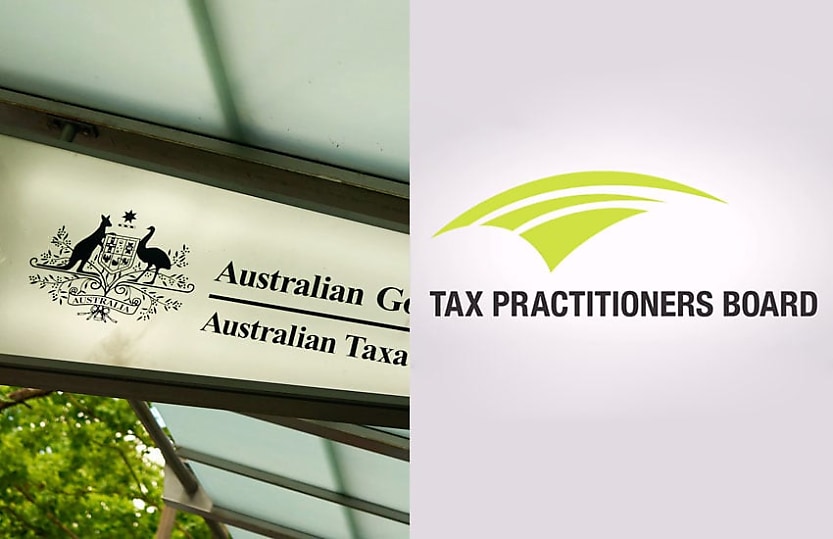TPB to implement safeguards against ‘vexatious breach reports’

The TPB has assured tax agents that any frivolous or malicious reports made under the dob-in provisions will be viewed unfavorably by the regulator.
The Tax Practitioners Board has provided further details on the requirements and processes surrounding the new breach reporting obligations and informed practitioners it will initially undertake a transitional approach in relation to the obligations.
In a recent ATO webinar, the TPB said there has been significant concerns raised around the requirement to report other practitioners for significant breaches and the potential for vexatious reports to be made, since the reforms were legislated last year.
From 1 July 2024, registered tax practitioners will need to comply with additional breach reporting obligations under the TASA which will require them to report ‘significant breaches’ of the Code of Professional Conduct (Code) in the TASA relating to their own conduct, and by other registered tax practitioners.
Guidance released by the TPB outlines that in order to trigger a reporting requirement, registered tax practitioners must have reasonable grounds to believe a breach of the code has occurred, and that the breach is significant.
The TPB said many practitioners have raised concerns about the potential for frivolous, vexatious or even malicious reports to be made by one practitioner against another.
“In situations where this occurs, the TPB will look very unfavorably upon that reporting tax practitioner and we would consider their own compliance with the Tax Agents Services Act, including the Code of Professional Conduct, which requires practitioners to act with honesty and integrity,” the TPB warned in the webinar.
“We have tried to put safeguards in there to deal with those types of vexatious complaints.”
The TPB said that breach reports will need to meet a ‘reasonableness test’ which requires practitioners to have a solid foundation basis for having that belief.
“You will need to support it with facts and evidence. We’re not asking that you need to have conclusive proof but you need to be able to substantiate the claim if you asked,” the TPB said.
“We want to make it clear that a belief that is based on hearsay or what you’ve overheard through another conversation would generally not be sufficient to say that that has been substantiated.”
Where a practitioner is unsure as to whether a breach is significant but has grounds to suspect, then they should report the breach, the TPB said.
“Once a report is submitted to the TPB, we don’t automatically commence an investigation. We will run a risk assessment, we’ll look at the nature of the complaint, whether or not there’s sufficient evidence. We’ll look at the impact on clients and the impact on the tax system more broadly,” it said.
“Once that notification comes through, we will follow our normal processes of investigating whether or not that is appropriate.”
The TPB said it will be adopting a transitional approach with how it enforces the new breach reporting obligations.
“Our focus is very much at this stage is on consultation, educating practitioners and raising awareness because ultimately we feel that improving voluntary compliance is the far better approach,” it said.






